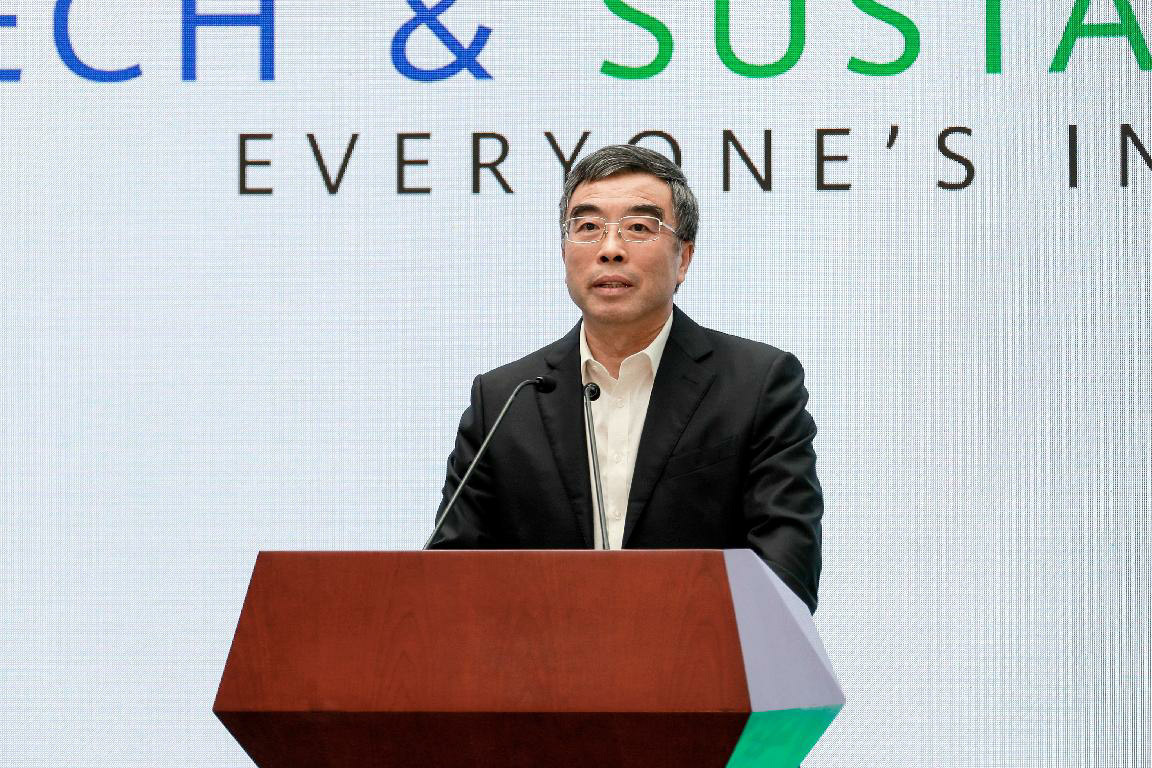Huawei has released its ‘2020 Sustainability Report’. The company has been publishing this annual report for 13 consecutive years. The 2020 report explains the major progress that Huawei has made over the past year in its four strategies for sustainability: digital inclusion, security and trustworthiness, environmental protection, and a healthy and harmonious ecosystem.
Huawei has been using its innovative ICT solutions to provide people across different regions with equal access to quality education and healthcare resources. In 2020, Huawei rolled out its ‘Skills on Wheels’ and ‘Connecting Schools’ programs in over 200 schools around the world, benefiting more than 60,000 people. Huawei also used ICT solutions to provide technical assistance to nearly 90 countries. Huawei also launched the RuralStar Pro solution, providing voice and mobile broadband services to more than 50 million people in sparsely populated remote villages. Treating cybersecurity and privacy protection as another top priority, Huawei released the Software Process Trustworthiness Capability Framework and Assessment Criteria in 2020 to establish a complete set of trustworthy coding production mechanisms. As of the end of 2020, Huawei had been granted 2,963 patents relating to cybersecurity and privacy protection around the world.
In 2020, Huawei’s CO2 emissions per million RMB of sales revenue showed a 33.2% reduction compared to the base year (2012), beating the target (30%) the company set in 2016. The global environmental non-profit CDP scored more than 5,800 companies for their efforts to tackle climate change, and Huawei was one of the few companies in 2020 that were recognized with a prestigious ‘A’ score for its actions to cut emissions, mitigate climate risks, and develop the low-carbon economy.
To promote renewable energy, Huawei has deployed its digital power solutions in more than 170 countries and regions, serving one-third of the world’s population. To date, these solutions have generated 325 billion kWh of electricity from renewable sources and saved 10 billion kWh of electricity. These efforts have resulted in a reduction of 160 million tons in CO2 emissions. During the COVID-19 pandemic, the company took a number of steps to ensure the health and safety of employees and help suppliers and contractors safely resume work. In 2020, Huawei organized more than 650 charitable activities around the world. Its flagship CSR program, ‘Seeds for the Future,’ has benefited nearly 9,000 students from 130 countries and regions, creating a valuable talent pool for the ICT industry in the future.
“An intelligent world should be a green world,” said Liang Hua, Chairman of Huawei, in the report. “Advances in technology can help us better understand and protect nature, mitigating the impact of human activity on the planet.”
In the post-pandemic era, technology is poised to play an even greater role in supporting sustainable social development. Huawei is ready and willing to work with its partners and use innovative ICT solutions to support progress towards a fully connected, intelligent world. The 2020 Sustainability Report can be found at: http://www.huawei.com/en/sustainability/sustainability-report

